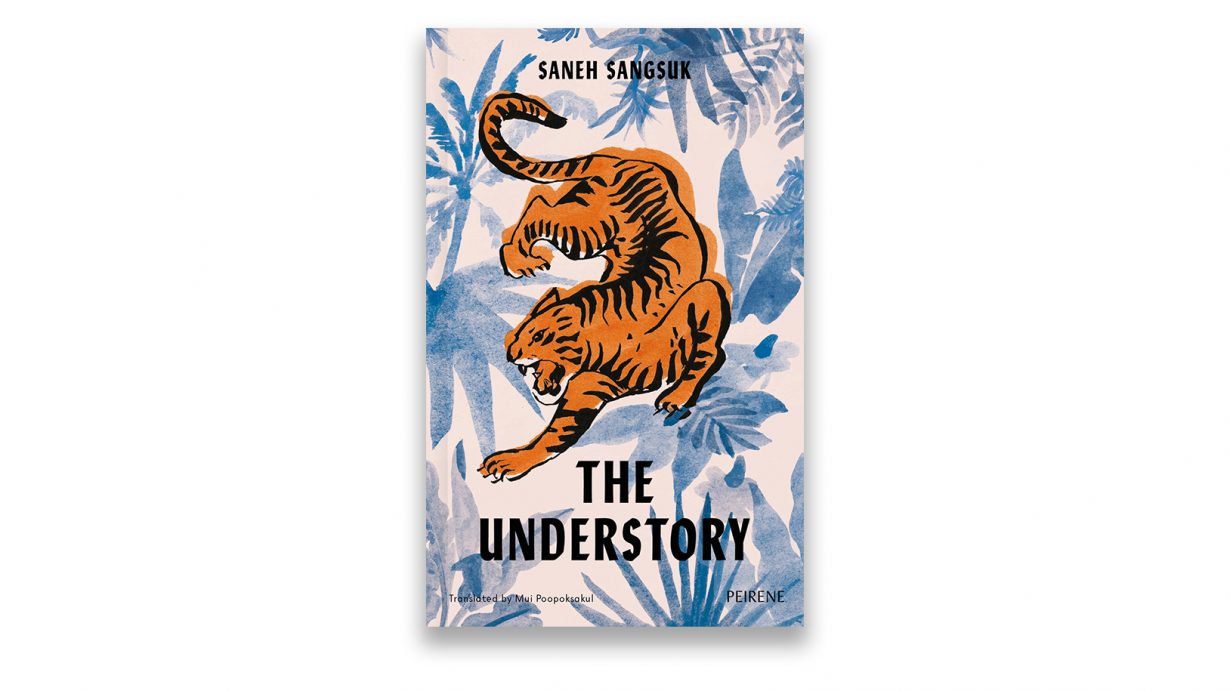Sangsuk’s latest novel is part parable, part paean to the ‘forest ethics’ and natural world of the author’s youth

The ninety-three-year-old protagonist of The Understory is both a raconteur and a Buddhist abbot. Its opening pages introduce us to Luang Paw Tien and his talent for spinning yarn after yarn – as well as the ambivalence with which the inhabitants of Praeknamdang, a Thai village from a bygone past teetering on the precipice of modernisation, treat both storytellers and monks. ‘To the serious-minded adults’, writes Saneh Sangsuk, ‘he was a teller of tall tales who breached the precept concerning monks and untruthful speech, but to the children he was a trove of magical stories.’ After learning the full, obsessive extent of the latter group’s love for his storytelling – they ‘mimicked all his mannerisms: the way he sipped his bael juice, the raspy sound he made when he cleared his throat, the way he paused intermittently to scan his audience’ – the reader then gets to judge for themselves when Luang Paw Tien launches into the astonishing story of his own life. ‘This land has changed so much. The people, too, have changed so much,’ he begins.
According to the book’s translator, Sangsuk has likewise been on quite a journey. In her translator’s note for Venom – an awardwinning novella also recently published in English by Peirene – Mui Poopoksakul sketches his emergence as a ‘literary renegade back in 1994 when his debut, White Shadow, incensed conservatives because it ‘ran counter to Thailand’s propaganda-imposed self-image as a good and beautiful society’. But while that novel drew on his experiences of living in Bangkok from the late 1970s to mid-1990s, Sangsuk’s followups are bound up with the exploration of oral storytelling traditions that dovetailed with his subsequent physical and literary return to his rural birthplace. ‘The self-absorbedness of youth has given way to something more communal, more connected to his heritage,’ Poopoksakul writes.
What unfurls over the course of the monk’s narration is part parable, part paean to the ‘forest ethics’ and natural world of Sangsuk’s youth – a world of latent threats as well as promise. Luang Paw Tien, his young wife, and Old Man Junpa, his perpetually inebriated hunter father, leave Praeknamdang behind with a view to building a new outpost in the middle of the jungle. ‘I’d become a well-to-do farmer,’ he reminisces, ‘the owner of a twin pair of Thai- style houses built from timber, a big barn full of rice, a large herd of cattle, a fine dugout dory and a handsome ox-cart.’ But a ravenous tiger with emerald eyes has other plans. First to vanish into the night is Din (the working buffalo have both names and personalities), and then… well, you can guess where this is heading.
Steeped in redolent detail (the hunting guns have names too!), the story draws on a trove of supernatural folk legends, a samut khoi (folding-book manuscript) listing medicinal herbs, even the bloodlust of Greek tragedy. And with both the predatory tiger and Praeknamdang – a village ‘falling into the hands of people from elsewhere’ – occupying a liminal space, each threatened by extinction, it also has an environmental, and perhaps anticapitalist, moral to impart.
But the overriding sense is that Sangsuk is less a master of colour or allegory than he is a disciple of atmosphere and delivery; Poopoksakul must be commended for preserving his style and panache in a grammatically alien language. The prosody of the English prose – and mood and tension it creates – is consistently arresting, right from the smarting opening lines: ‘The season’s chilly winds had arrived, but were yet to launch a full assault; for now, they were only a persistent trickle, a constant waft, chapping-dry and soundless, an insinuation of the coming brutality, a nascent harshness lurking in the cool air that slithered through the trees.’ Like the jungle encircling Praeknamdang, The Understory’s finest sentences quiver with sensual menace and beauty, and draw us in, vigilantly, ever deeper.
The Understory by Saneh Sangsuk, translated by Mui Poopoksakul. Peirene, £12.99 (softcover)